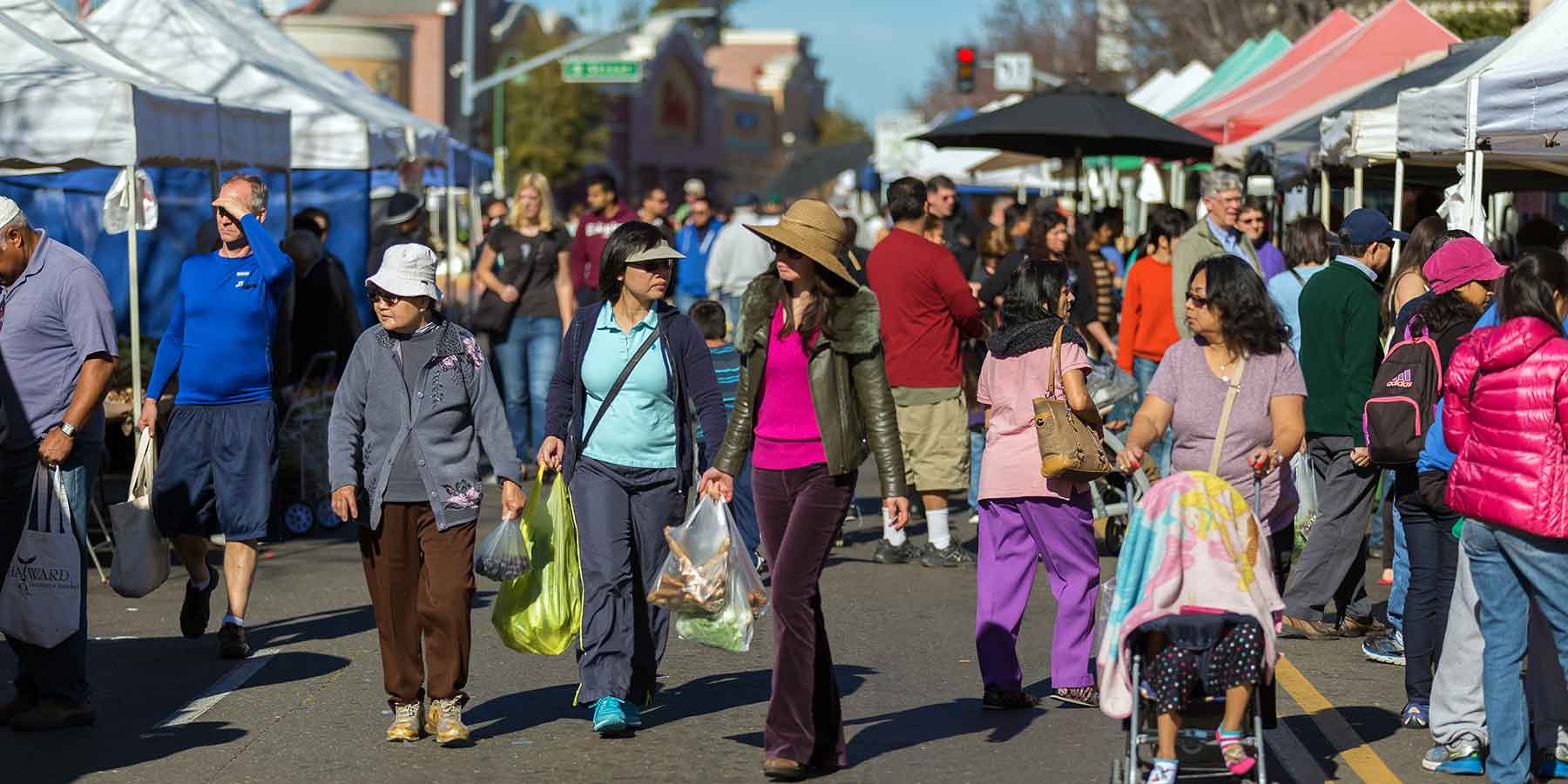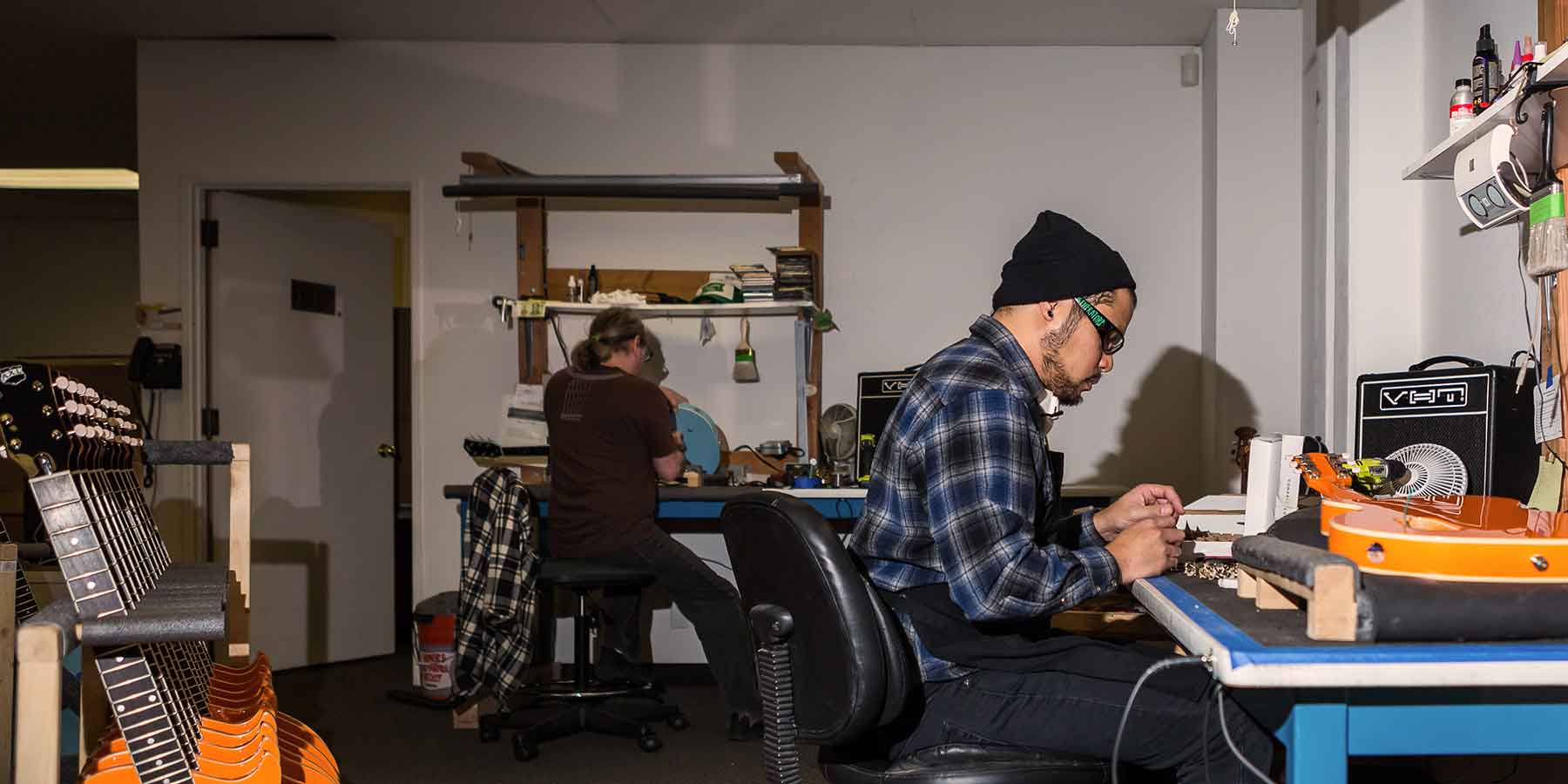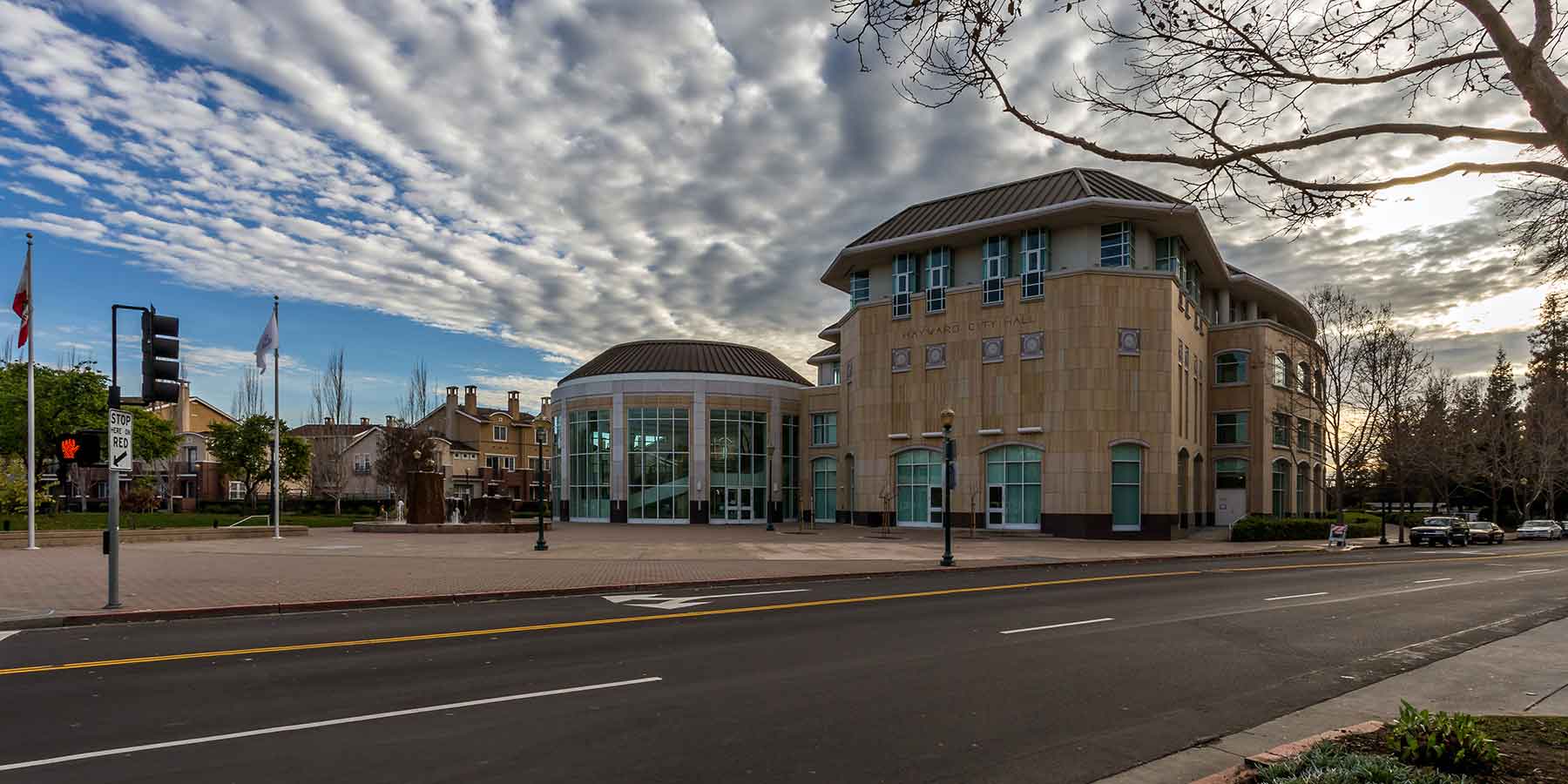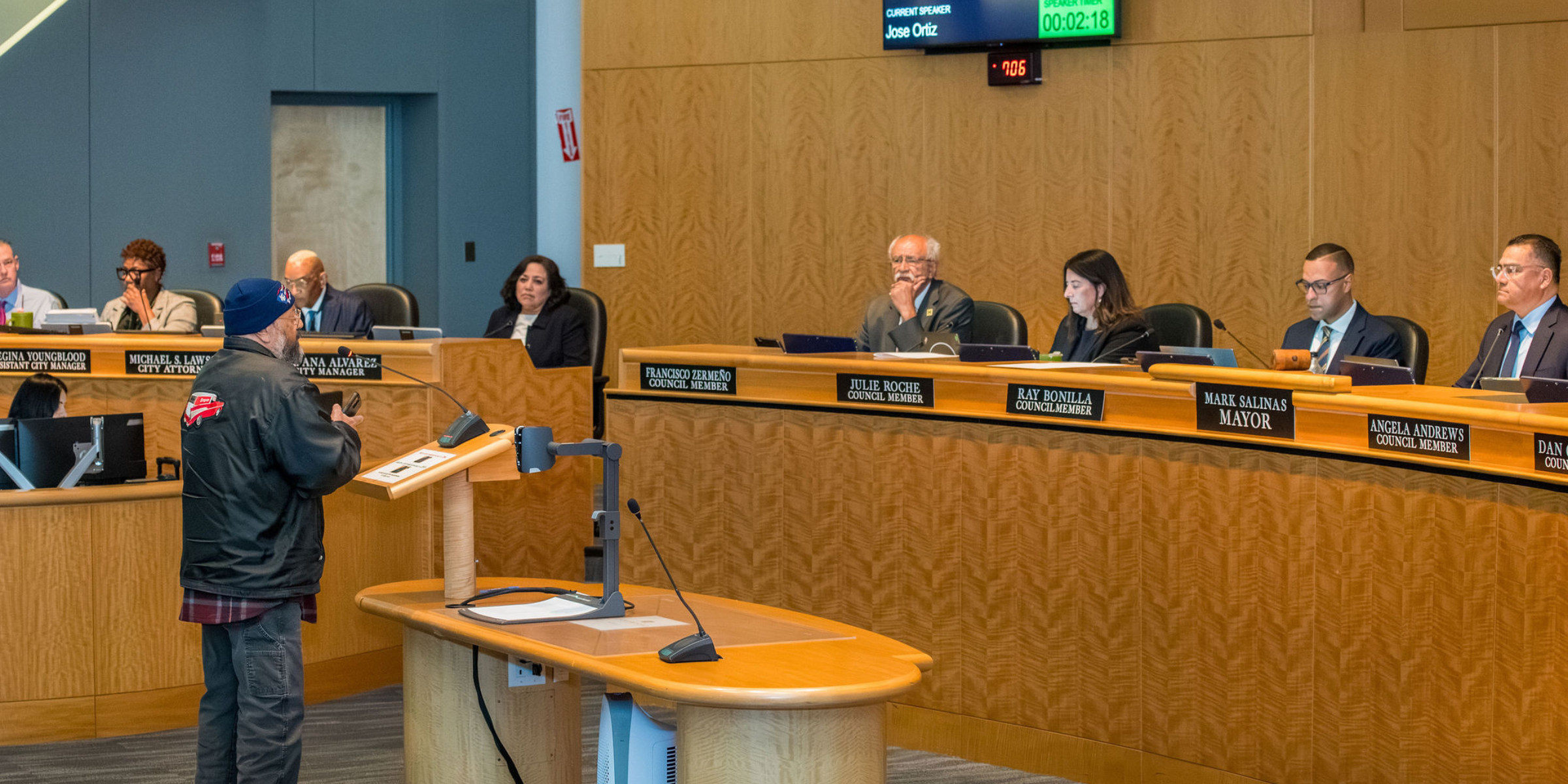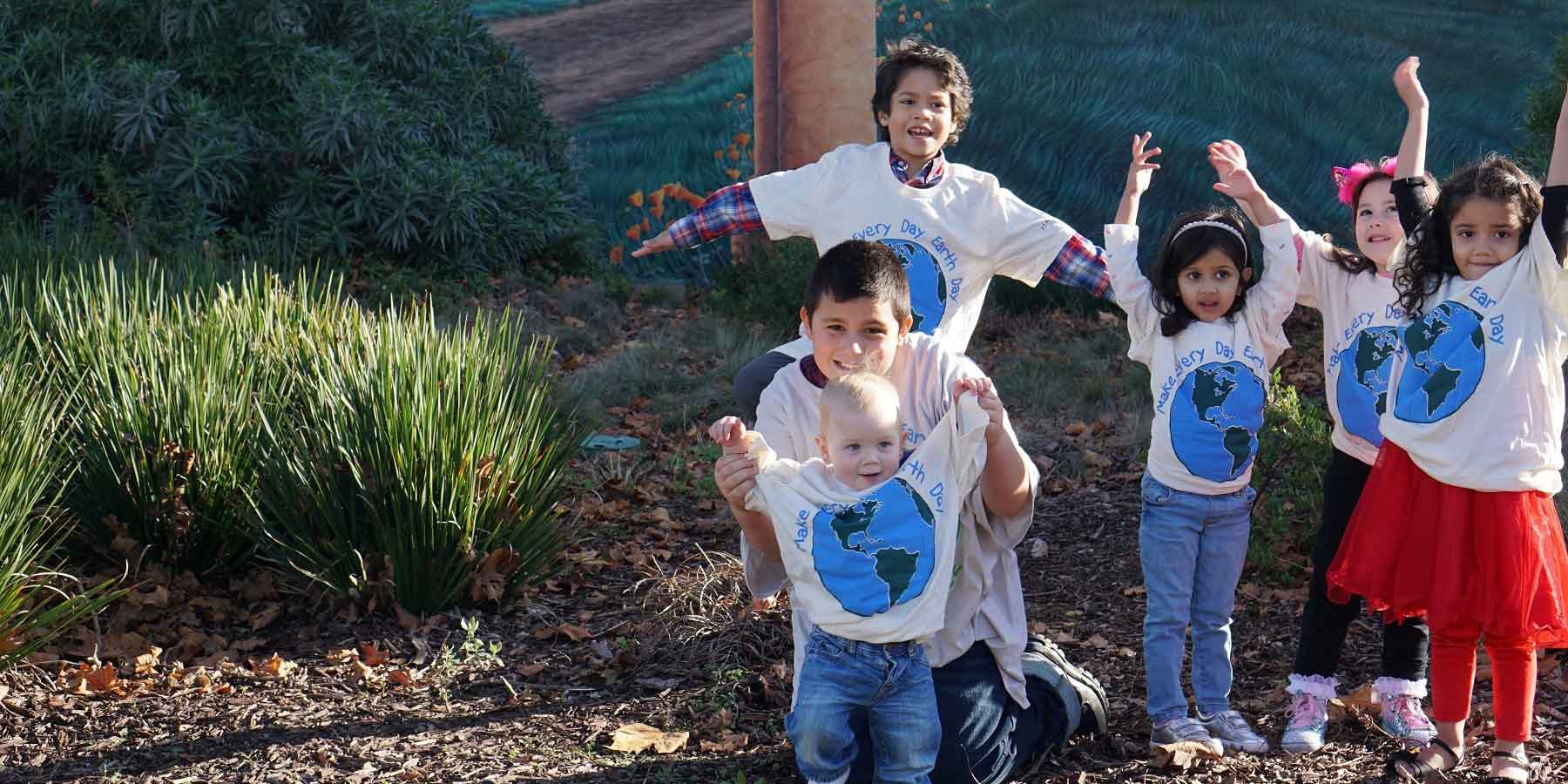Project meeting archive
August 28, 2024 — Town hall Meeting to explore proposed reparative response to the impact of local redevelopment policies on former Russell City residents. During this town hall participants discussed business grants and economic development priority and homebuyers' assistance programs.
- Powerpoint Presentation
- Proposal: Community Center & Public Benefit Programs
- Proposal: Russell City Heritage Preservation Programs
- Proposal: Homebuyers’ and Homeowner’s Assistance Grants for Former Russell City Former Residents and their Descendants
- Proposal: Business Assistance & Subsidized Commercial Space for Former Business Owners and Russell City Descendants
August 21, 2024 — Town hall Meeting to explore proposed reparative response to the impact of local redevelopment policies on former Russell City residents. During this town hall participants discussed scholarships and academic grants and pipeline programs.
- PowerPoint Presentation
- English Meeting Recording
- Spanish Meeting Recording
- Proposal: Russell City Preference for Pathways Programs (Apprenticeships, Fellowships, Internships, and On-the-Job Training Programs)
- Proposal: Academic & Professional Development Stipends for Former Residents & Descendants
July 31, 2024 — Town hall Meeting to explore proposed reparative response to the impact of local redevelopment policies on former Russell City residents. Duriing this town hall participants discussed property restoration and affordable housing development. The public comment period was from August 20 - September 18, 2024.
- Meeting Guide
- PowerPoint Presentation
- English Meeting Recording
- Spanish Meeting Recording
- Proposal: Russell City Displaced Preference in the City of Hayward Affordable Housing Ordinance
- Proposal: Land Restoration for Russell City Property Owners
July 24, 2024 — Town hall Meeting to explore proposed reparative response to the impact of local redevelopment policies on former Russell City residents. During this town hall participants discussed general basic income and fair compensation programs. The public comment period was from August 20 - September 18, 2024.
- Meeting Guide
- PowerPoint Presentation
- English Meeting Recording
- Spanish Meeting Recording
- Proposal: Fair Compensation for Russell City Resident Homeowners, Resident Businessowners, and Tenants
- Proposal: Stake Holding Grants for Former Residents of Russell City and Descendants who are Seniors (65+)
May 20, 2024 — Steering Committee Meeting to review Steering Committee accomplishments and discuss future of the Russell City Reparative Justice project and next steps.
March 26, 2024 — City Council Meeting Work Session to Receive the Recommendations from the Russell City Reparative Justice Project Steering Committee
February 21, 2024 — Steering Committee Meeting to discuss reccomdations from Ceres Research Group.
October 25, 2023 — Steering Committee Meeting to communicate project updates to former residents, descendants, and community members. Updates were shared on Steering Committee's work to advance the project towards recommendations to Hayward City Council in early 2024.
- PowerPoint Presentation
- Russell City Survey: Summary of Statistically Significant Findings
- Meeting Recording
July 26, 2023 — Steering Committee Meeting in collaboration with Ceres Policy Research to share foundational knowledge on institutional racism and the historical role of government entities in creating ghettoized communities. Arnold Chandler, President of Forward Change, delivered a two-part presentation to support the Russell Citry Community in developing reparative justice recommendations.
July 12, 2023 — Steering Committee Meeting to conduct a retreat debrief and introduce revised reommendations. Introduction to subcommittees and revised work plans were also discussed.
June 28, 2023 — Steering Committee Meeting collaboration with Ceres Policy Research to share foundational knowledge on various reparations frameworks, and support the creation and justification of reparative justice recommendations. Dr. Marcus Anthony Hunter, Professor, University of California, Los Angeles.
June 24, 2023 — Steering Committee Meeting discussion to brainstorm themes and key issues they would like to see included in the final summary report submitted to the Hayward City Council prior to the end of the year.
May 31, 2023 — Steering Committee Meeting to review and discuss the draft research report delivered by San Francisco State researchers, Dr. Liz Brown and Dr. George Baringer.
April 26, 2023 — Steering Committee Meeting to present Russell City research materials from San Francisco State University researchers, Dr. Liz Brown and Dr. George Baringer.
April 12, 2023 — Steering Committee Meeting update on the progress of Russell City research from San Francisco State University researchers, Dr. Liz Brown and Dr. George Baringer. Introduction of Ceres Research Group.
March 29, 2023 — Steering Committee Meeting to provide background of the Russell City Reparative Justice Steering Committee project and an overview of reparations and reparative justice advocacy at a state level.
March 15, 2023 — Steering Committee Meeting to host a working session to select a contractor to provide program management and research services and to review reseach done to dtae by the San Francisco State University.
February 22, 2023 — Steering Committee Meeting to discuss facilitator/project manager selection and other steering committee logisitics.
February 8, 2023 — Steering Committee Meeting facilitator/project manager candidate election processand other steering committee logistics.
January 18, 2023 — Steering Committee Meeting update from the research team about the status of the project.
December 14, 2022 — Steering Committee Meeting to discuss the project scope, voting and quorum, and committee roles.
December 1, 2022 — Steering Committee Meeting discussion about upcoming meeting objectives, team assignments and decision making processes.
October 20, 2022 — Project Meeting Participants learned more about the Steering Committee candidates and discussed timelines for the voting period.
September 29, 2022 — Project Meeting continued discussion about creating a project Steering Committee. Outline the nomination process and timeline.
September 13, 2022 — Project Meeting discussion of creating a project Steering Commitee.
November 16, 2021 — City Council Meeting discussion aabout recommendation from Community Services Commission to Hayward City Council to adopt a resolution apologizing to Black, Indigenous, and People of Color and Latinx community members on behalf of City of Hayward for its implicit and explicit role in perpetuating historical institutional racism in the City of Hayward.



